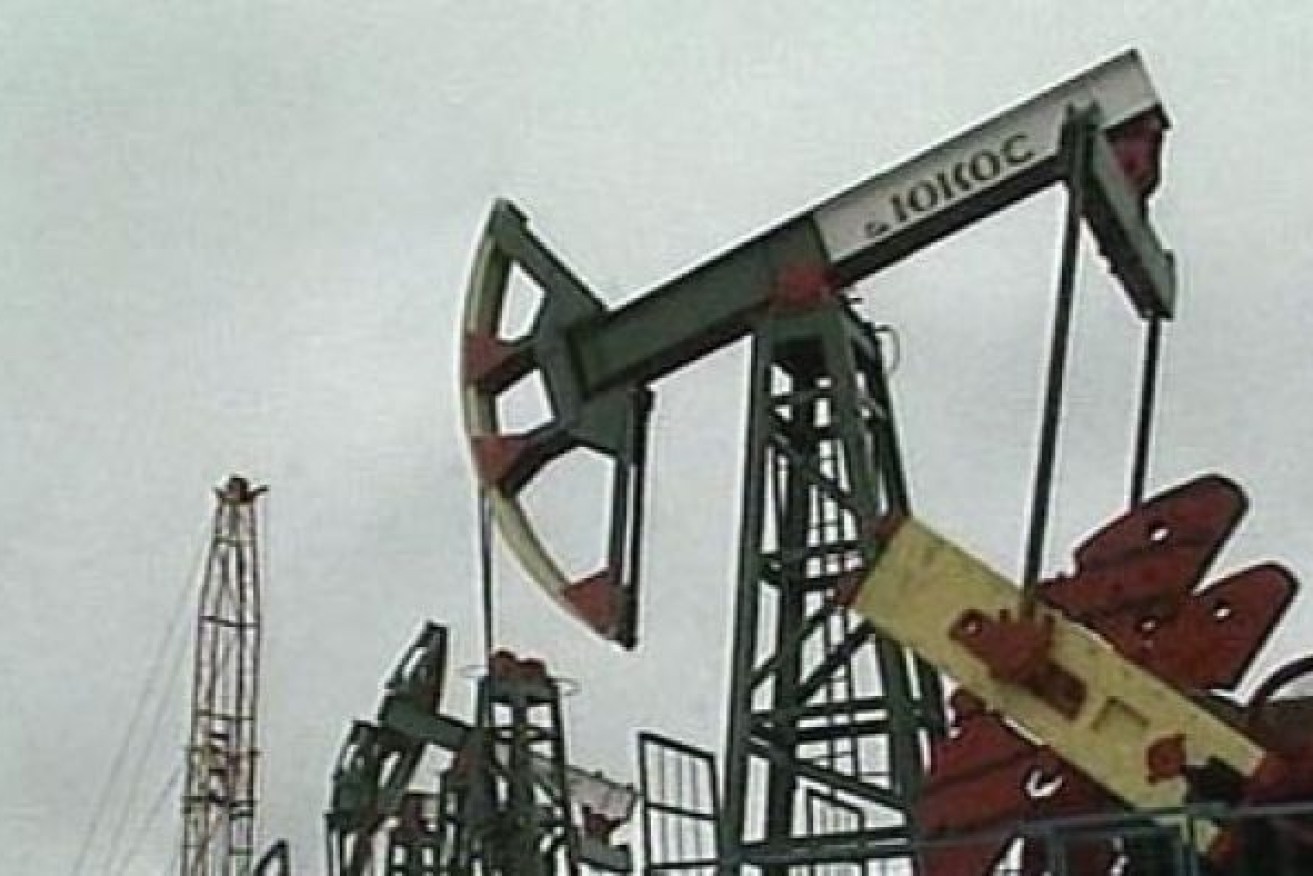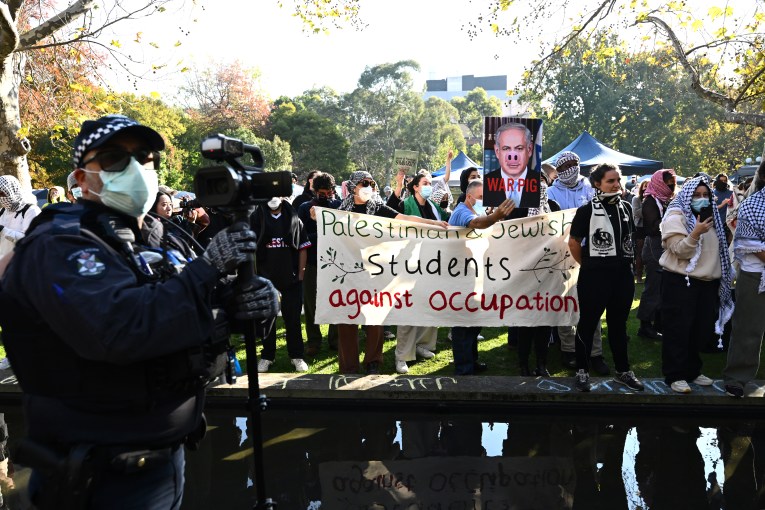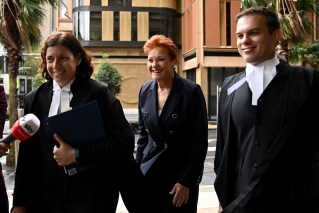Australia joins global effort to starve Russia of war profits with oil price cap


Russian oil production has so far beat against the tide of international sanctions.
Australia will join international efforts to enforce a global ceiling on oil prices aimed at depriving Russia of surging energy profits.
The move comes before a European winter that could be decisive for the war in Ukraine, and soaring international energy prices.
The Group of Seven (G7), a bloc of industrialised, democratic nations, announced plans to place a cap on oil prices this month in an effort to tackle a major financial source for Russia to fight its war in Ukraine, and the runaway energy prices that have followed.
Treasurer Jim Chalmers said Australia has already banned the importation of Russian gas, oil and coal but it would adopt additional sanctions in support of the international intervention.
“Rising energy prices are among the biggest concern for Australians already struggling to keep up with the skyrocketing cost of living,” Dr Chalmers said.
“And we know that higher oil prices will likely drive higher inflation and risk slowing global economic growth.
“We’re looking to limit some of the impacts of the war in Europe on the cost of living, by supporting this price cap.”
Applying pressure
The cap will take effect from December 5, according to the US Treasury.
It will effectively ban companies from facilitating (through services such as insurance) the shipment of Russian oil via sea – unless it is sold at, or below, the price ceiling enforced by participating nations.

Penny Wong says the price cap demonstrates Australia’s resolve on the Ukraine conflict.
“Supporting the price cap demonstrates Australia’s resolve to limit the global economic impact of Russia’s invasion of Ukraine while maximising the pressure on Russia to end the conflict,” Foreign Minister Penny Wong said.
“Australia condemns Russia’s unilateral, illegal and immoral aggression against the people of Ukraine.
“Australia strongly supports Ukraine’s sovereignty and territorial integrity, and we call on Russia to immediately withdraw its forces from Ukrainian territory.”
Countries joining the coalition will work to influence the international market along with the giants of international free trade who constitute the G7 (Canada, France, Germany, Italy, Japan, the United Kingdom, the United States, with the European Union a non-enumerated member).
The current crude oil price of $85 a barrel could rise to more than $120 a barrel during winter, one executive told the Financial Times last week.
Reuters has suggested the price cap could be as low $60 a barrel but details are to be determined and some doubt the measure’s efficacy.
Unless joined by China or India, which has made up for the shortfall in demand for Russian petroleum caused by sanctions elsewhere, it is not likely to end surging revenues for Russian resources.
But western policymakers argue that even if those nations do not join the economic blockade, reducing the prices at which they do buy it will have an impact on Russia’s military funding in time for the depths of a European winter that could send demand shooting up.
Testing Russian resilience
Despite the comprehensive regime of sanctions imposed upon it, Russia is still running a budget surplus, Dr Alexey Muraviev, a national security expert at Curtin University, told The New Daily.
“Revenue went through the roof,” Dr Muraviev said.
“Russia increased its exports of energy resources into the Indo-Pacific, with China buying more than ever, as well as India.
“That, to some extent, allowed the Russian economy to adapt under this new tsunami of sanctions.
“I think we in the west underestimated the level of resilience of the Russian economy and the level of the safety cushion.”
The Russian resources sector was deeply integrated into the economies of leading European powers, Dr Muraviev said, and it has continued trading with the majority of countries on the international market who have not joined the sanctions.
“Now the sanctions regime has turned into sort of a protracted economic war of attrition. So we cannot back down [or] Putin will consider this as his victory,” he said.
“Given the fact that it may be a cold winter Europe certainly will find itself in a seriously problematic state because while they remain committed politically to keep supporting the sanctions … they struggle to find an alternative.
“There are more popular protests [against] soaring prices for electricity and other bills. But Putin is fighting his own war of attrition in hopes that sooner or later [the west] will back down.”
Despite Ukraine regaining territory in recent weeks with a series of recent counter-offensives, a similarly uncertain prognosis looms for the resolution of the war itself; US President Joe Biden said recently he was in for the “long haul”.
One analyst at shipping news provider Lloyd’s List said the effectiveness of the cap will depend on enforcement at sea in response to an all but certain Russian effort to evade controls.
Russian oil revenues are up nearly 40 per cent to about $500 billion, Reuters reported last month, citing documents produced by the country’s resources ministry.








